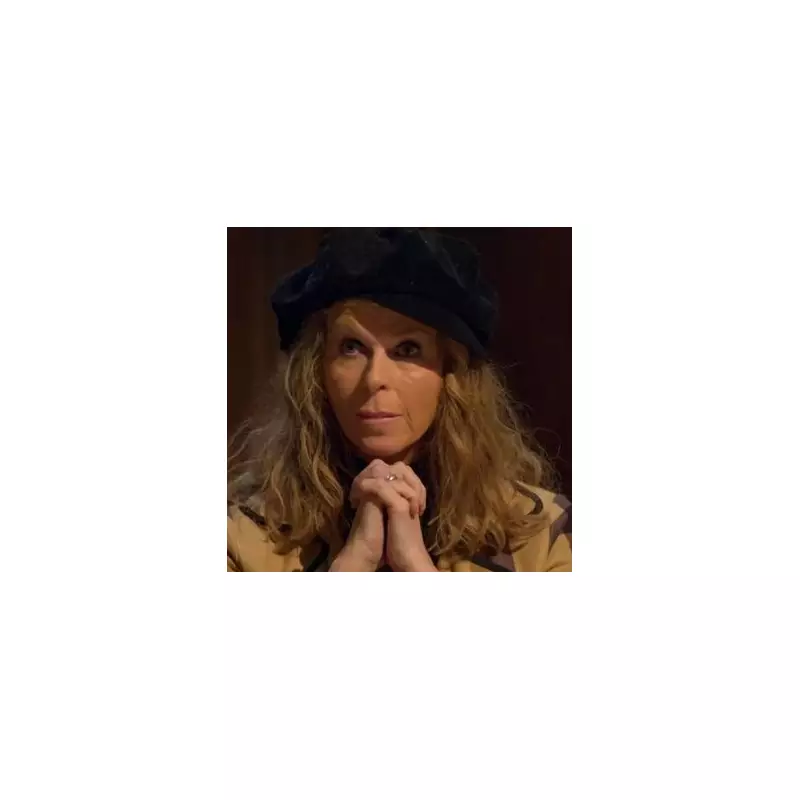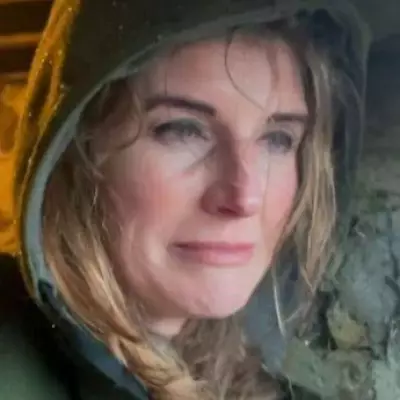
In an emotionally raw revelation, Kate Garraway has shared the isolating reality of navigating life after her husband Derek Draper's heartbreaking passing. The beloved Good Morning Britain presenter returned to our screens with a powerful message about the uncomfortable truth surrounding grief in modern society.
The Unspoken Truth About Loss
Garraway confessed that since Derek's death in January, she's encountered an unexpected social phenomenon. "Nobody is pleased to hear about grief," she revealed with heartbreaking honesty. "People don't want to know how you're really feeling when they ask how you are."
The 56-year-old broadcaster explained that well-meaning friends and colleagues often expect the standard "I'm fine" response, leaving little room for genuine emotional expression during what she describes as the "most difficult time" of her life.
A Journey Back to Normalcy
Her return to Good Morning Britain marked a significant step in her healing process, though the journey hasn't been without its challenges. Garraway admitted that walking back onto the familiar ITV set felt both comforting and overwhelmingly emotional.
"There's this expectation to carry on as normal," she shared, "but normal doesn't exist anymore. Every day brings new challenges and moments that catch you completely off guard."
Derek's Devastating Health Battle
Derek Draper's tragic story captured the nation's heart after he became one of the UK's longest-suffering COVID-19 patients. Hospitalized in March 2020, he spent 13 months in hospital before returning home, requiring round-the-clock care until his death earlier this year.
Throughout his illness, Kate documented their family's journey in two award-winning documentaries, offering an unflinching look at the devastating long-term effects of COVID-19 and the realities of being a carer.
The Silence Around Grief
Garraway's candid comments highlight a broader societal issue - our collective discomfort with death and mourning. She described how people often change the subject or offer platitudes when she attempts to speak honestly about her loss.
"We've become so awkward around grief," she observed. "There's this unspoken pressure to 'move on' or 'be strong,' when what you really need is permission to not be okay."
Her powerful testimony serves as an important reminder about the importance of creating space for honest conversations about loss and supporting those navigating the complex journey of bereavement.





